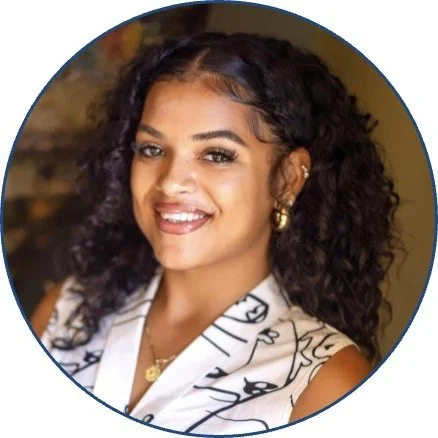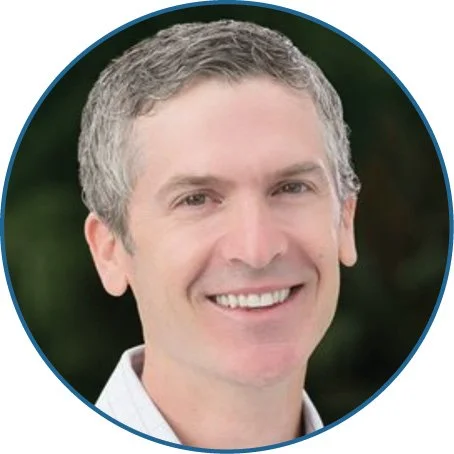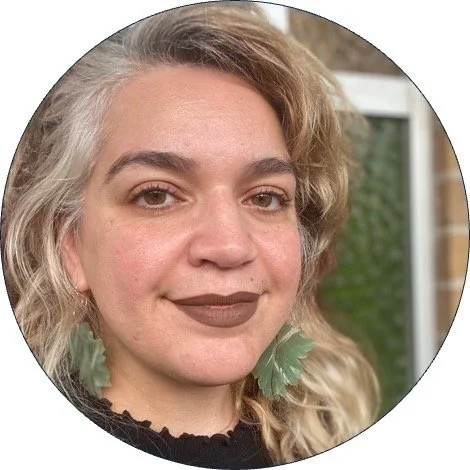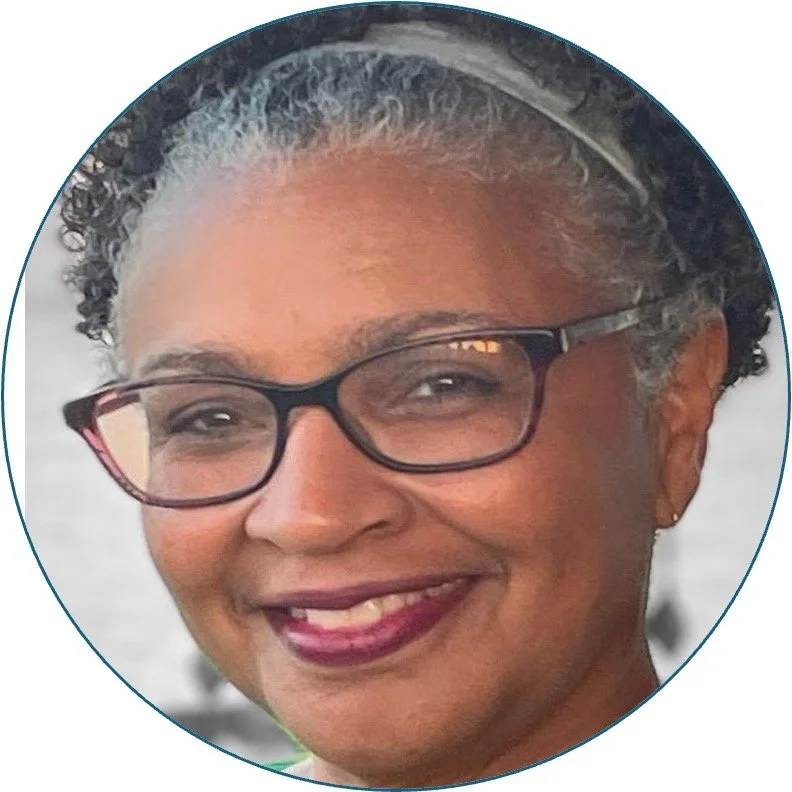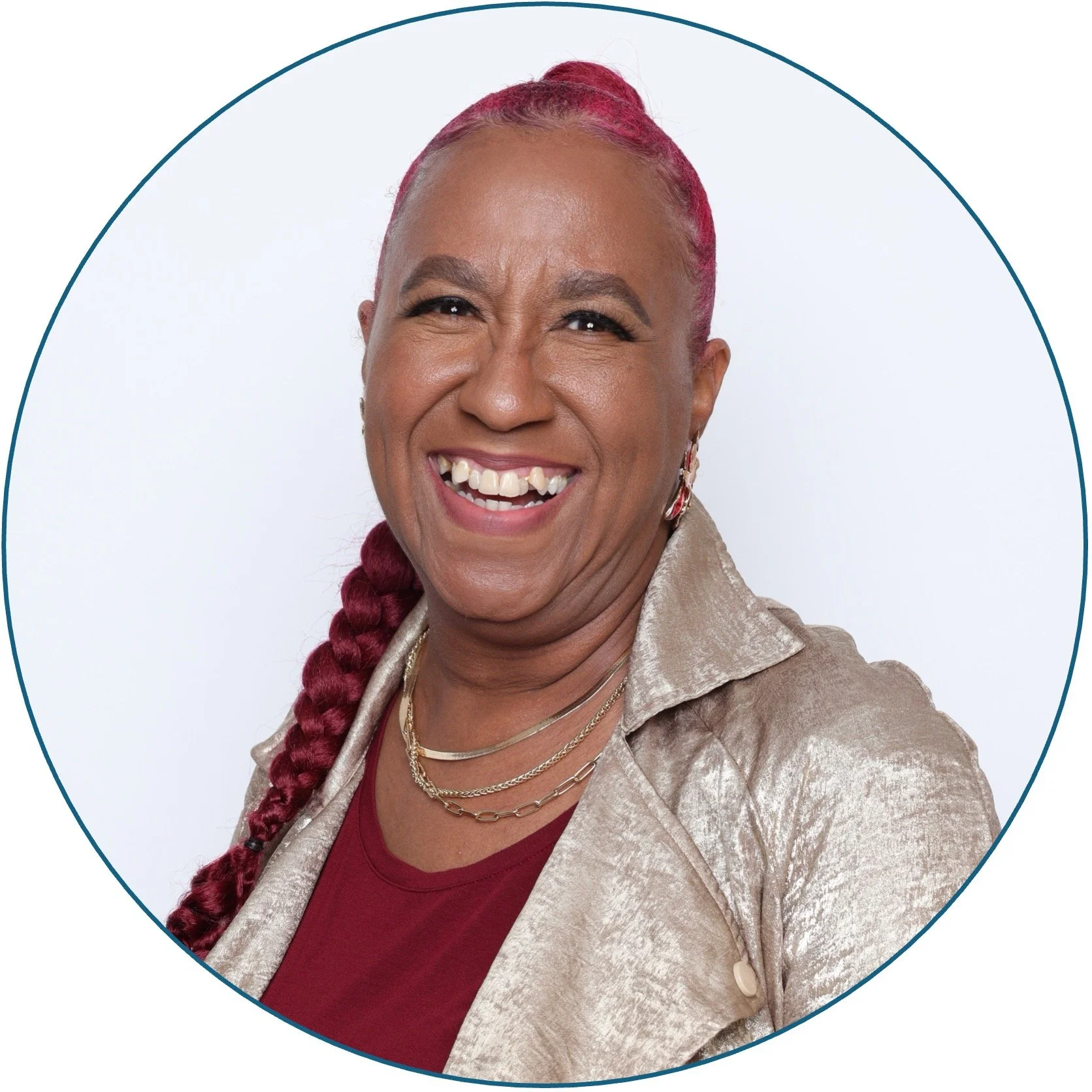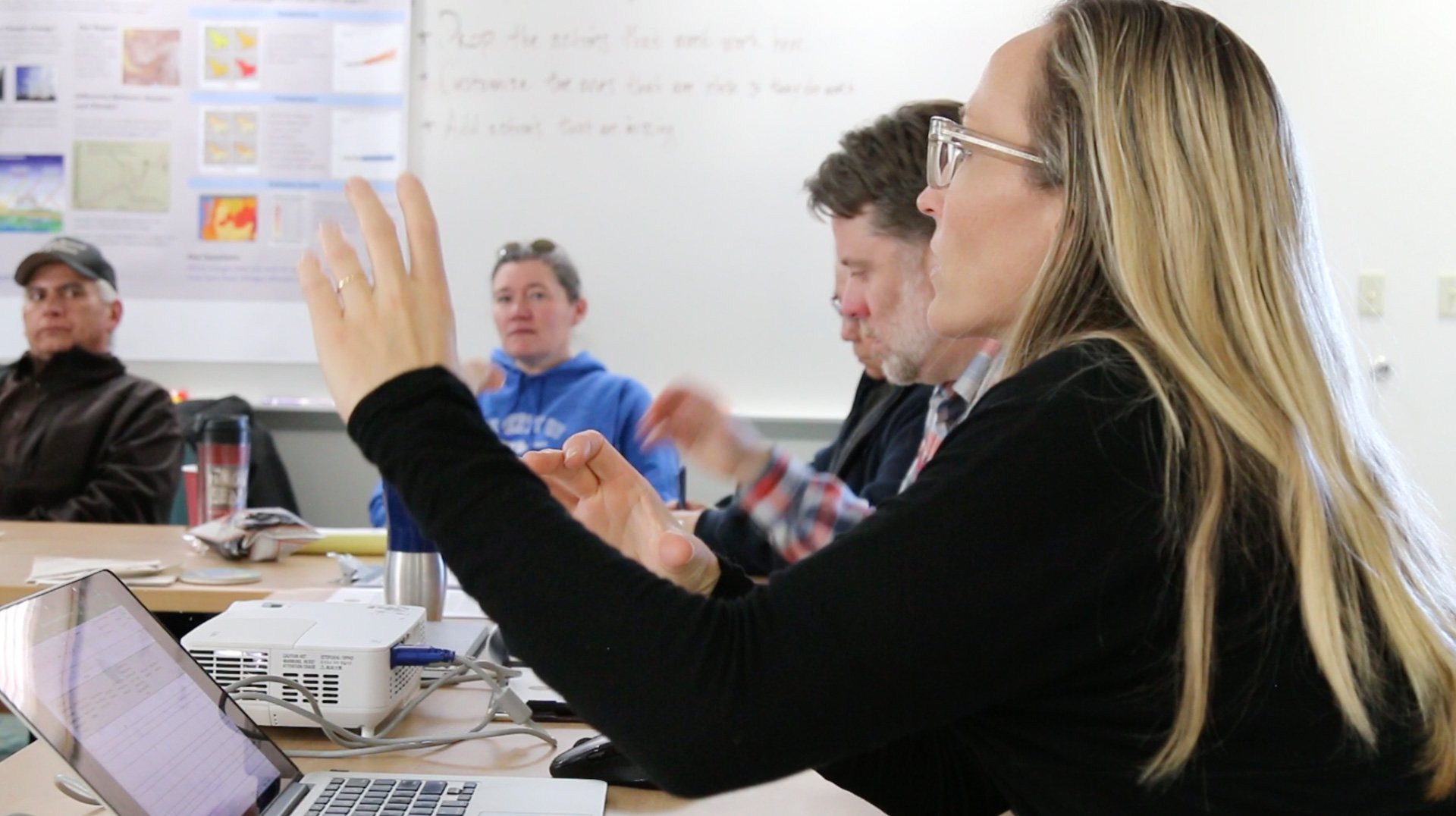
The Adaptation International team brings together a diverse group of individuals with a variety of backgrounds, skills, areas of expertise, and lived experience. We are all passionate about the work that we do and recognize the urgency of the climate crisis and the need to adapt. We enjoy working together to make each and every project as successful as possible.
Interested in working with us? Visit our careers page to see what's available.
Alexander (Sascha) Petersen (he/him)
Founder and Director
Sascha has been working specifically on climate change for almost 20 years. He has partnered with, and has led dozens of projects with western municipalities and Tribal communities, Governments, and organizations. He has also helped develop field-wide resources such as a Tribal Climate Change Adaptation Guidebook, the Tribal Resilience Action Database, and a private sector focused climate change academy.
He was the first managing director of the American Society of Adaptation Professionals, a Lead Author for the Southern Great Plains Region (2014, 2023, and forthcoming) and Pacific Northwest Region (2018) of the National Climate Assessment. He recently co-led EPA Funded technical assistance work with communities across the country working to develop equitable resilience design projects. He enjoys working on the leading edge of climate resilience, building new partnerships, developing innovative solutions and digging into the realities of what it takes to make this work successful.
Sascha has a Bachelor's degree in physics from Pomona College and a Master's degree focusing on climate change science and policy from the University of Washington. Prior to working on climate change, he trained astronauts at the Johnson Space Center. When not working on climate change, Sascha enjoys having new adventures with his family and being reminded of his place in the universe by big nature.
sascha@adaptationinternational.com
Liz Rohlich (she/her)
Founder and Owner
With experience working as a health care provider in different parts of the world, Liz is concerned with how climate change will affect human health. She supported our project working with the Yurok Tribe to assess the health impacts of climate change and has a particular affinity for working with low-income and underserved segments of communities that are likely the most vulnerable to climate change.
She has worked in a small town clinical setting in Homer, Alaska and a large level-one trauma hospital in Austin, Texas. As a Peace Corps volunteer, she delivered vaccinations to communities in rural Bolivia, worked with local communities to grow their small businesses, and coordinated cross-country communication with volunteers. Liz's clinical and life experience can help communities design effective resilience strategies.
Liz is a Clinical Nurse Specialist with a Doctor in Nursing Practice, a Master in Nursing and a Bachelor’s degree in Economics from the University of Texas in Austin with a minor in Latin American Studies and Business administration.
liz@adaptationinternational.com
Dr. Cassandra Jean (they/she)
Senior Climate Resilience Specialist
With over ten years of experience working with historically marginalized and underrepresented individuals and communities, Cassandra’s (they/she) work examines behavioral risk perceptions of extreme hazards and environmental justice events, community development and adaptation needs, and opportunities for building youth and community engagement. As a researcher and practitioner, their motivations lie in the intersection of collaboration, social justice, truth, and collectivity to promote equitable services, practices, and policies.
Before working with Adaptation International, she worked on projects with the Washington, D.C. National Park Service, AARP, the NOAA Cooperative Center for Atmospheric Sciences and Meteorology at Howard University, the Bill Anderson Fund, and the New York Department of Education, Office of Diversity, Equity, and Inclusion. Academically, Cassandra has earned a Bachelor's in Criminal Justice from Adelphi University, a Master's in Public Policy and Administration, a Ph.D. in Sociology and Criminology at Howard University, and held a postdoctoral scholar position at the University of Washington, School of Public Health.
cassandra@adaptationinternational.com
Celine Rendon(she/her)
Climate Resilience Specialist
Celine has been deeply involved in sustainability and environmental planning efforts, anchoring her background knowledge in environmental science and experience in grassroots environmental justice efforts. With Adaptation International, she is currently leading our partnership with historically underserved communities bringing an equity first approach to climate resilience collaborations.
Working with various community groups and city municipalities, she spearheaded community engagement and climate planning efforts focused on racial equity, sustainability education, and strategy development. Initiatives she helped drive include Austin’s 2021 Climate Equity Plan, the Austin Youth Climate Equity Council, and the City of San Antonio’s Mayor’s Youth Engagement Council. As a student, Celine conducted research and engagement focusing on the environmental, economic, health, and cultural impacts of land use and community development with PODER in addition to the City of Austin’s early foundations of resilience planning. Celine holds a BS in Environmental Science and a Bridging Disciplines certificate in Public Policy from the University of Texas at Austin.
celine@adaptationinternational.com
Dr. Trevor Even (he/him)
GIS and Spatial Analyst Lead
Trevor is an applied researcher focusing on issues of how humans and environments interact, and how we as a global society can learn to manage these interactions in ways that ensure long-term social and ecological sustainability. He is a spatial data and systems vulnerability analysis expert and interdisciplinary social scientist. Trevor’s previous work has included assessing community recovery from natural disaster and the vulnerability of land-based livelihoods (such as ranching, outdoor recreation, and farming) to changes in climate. His dissertation work blended anthropological, geographic, climate, and ecosystem science to investigate how different value systems, technologies, ways of understanding nature, and modes of resource governance shape water security and sustainability at the hydrological basin scale in Colorado.
Trevor has his Bachelor’s and Master’s Degrees in Cultural Anthropology and Ph.D. in Human-Environment Interactions Ecology at Colorado State University, where he worked on projects housed in the Department of Anthropology & Geography, the Natural Resource Ecology Laboratory, and the North Central Climate Adaptation Science Center. In 2018 he was named as a Sustainability Leadership Fellow by the School of Global Environmental Sustainability.
trevoreven@adaptationinternational.com
Willow Jackson (she/her)
Tribal Climate Resilience Specialist
Willow is a 2025-27 NOAA Coastal Resilience Fellow. Through this fellowship, she will support the Bristol Bay Native Association (BBNA) Resilience Collaboration. Her work focuses on addressing the impacts of climate change and other human-driven challenges affecting Indigenous communities. She is from the village of Kake, Alaska and is Tlingit from the Taakdeintaan clan.
She recently graduated with her B.S. in Environmental Science and Resource Management with a coastal and marine emphasis from CSU Channel Islands. Her senior thesis project involved analyzing microplastics in community gardens and she conducted summer research with Alaska Sea Grant, the University of Washington, the Channel Islands National Marine Sanctuary, and SCRIPPS Institution of Oceanography. She has experience in ocean and stream water monitoring, assessing the impact of declining salmon populations on Indigenous communities in Alaska, early ocean and marine conversation education, and analyzing meteorological and satellite ocean data to improve climate modeling.
Willow’s lived experience and research have fueled her deep commitment to advancing community resilience and supporting holistic community resilience.
willow@adaptationinternational.com
Sophia Kestell Amaya (she/her) Climate Resilience Specialist
Sophia is passionate about using the power of storytelling to raise awareness of environmental issues and inspire change. She began her work with Adaptation International as an intern, supporting the development of the Tribal Resilience database and creating interactive materials for community workshops.
Her work involves conducting research and developing innovative and effective approaches to communicating complex climate and resilience information through easy to understand graphics and icons. In addition to her work with AI, Sophia’s professional experiences include interning with Langan Engineering & Environmental Services, the National Zoo and Conservation Biology Institute.
Sophia recently graduated with a B.A. in Environment, Economics, and Politics (EEP) with a dual major in Film Studies from Claremont McKenna College. Her senior thesis examined how extreme heat impacts US students’ academic performance. Her academic and professional work has deepened her interest in climate change and human well-being.
sophia@adaptationinternational.com
Damon Coppola (he/him) Hazard Mitigation Lead
Damon is an accomplished emergency management systems engineer. He has guided the development of programs and policy from the most local communities to the national government level in countries throughout the Americas, Europe, Asia, and the Pacific, as well as for regional and international organizations including the United Nations and the World Bank. For Adaptation International he has pioneered the development of a values based and culturally sensitive risk assessment process for hazard mitigation planning with Tribal communities. He also provides programmatic and planning assistance to major private-sector clients, nonprofit organizations, and academic institutions, including enterprise risk management and private sector involvement in disasters.
Mr. Coppola is a recognized specialist in emergency management training and education, having developed and co-developed higher education and professional training programs for the FEMA Emergency Management Institute and for the Department of Homeland Security National Training and Education Division.
Damon holds a Master of Engineering Management (MEM) in Crisis, Emergency, and Risk Management from George Washington University.
Laura Sofía Sánchez-Martínez (she/they) Floodwise Community Liaison
Laura is a bilingual community health educator, artist, and cultural advocate whose work bridges the arts, education, and public health to foster vibrant, well-connected communities. With a background in theater, library programming, and health outreach, Laura creates innovative programs that center creativity, wellness, and local culture in community resilience efforts.
From leading Fresh Food Pick-Up initiatives with CenterWell Clinics to directing educational puppet theater at the Museum of South Texas History, Laura blends storytelling, the arts, and accessible health education to empower underserved communities. Her work addresses key social determinants of health such as food insecurity and social isolation, using hands-on cultural engagement to build trust and connection.
With years of experience curating community events across the Rio Grande Valley (RGV), Laura is working as a community liaison for the RGV and exploring how best to use culturally rooted approaches that not only address and limit flood risk but also spark curiosity, inspire lifelong learning, and support intergenerational well-being.
laura@adaptationinternational.com
Alexa Bocanegra (she/her) Floodwise Community Liaison
Alexa serves as the Community Liaison for the Rio Grande Valley (RGV) region. She focuses on improving flood resilience by engaging local communities to gather firsthand experiences of how climate change is impacting their homes and neighborhoods.
She is passionate about encouraging others to recognize the power of their voices and their votes. One of her top priorities is addressing climate change, believing that electing representatives who prioritize environmental issues is essential for a sustainable future. After all, protecting the planet is critical to preserving life itself—and lasting change begins with the people
Alexa is a proud graduate of the University of Texas Rio Grande Valley (UTRGV), where she earned her bachelor's degree in Political Science with a minor in Gender and Women’s Studies. Following graduation, Alexa began working with her local elections department, where she discovered that meaningful voter engagement starts with direct community involvement. Motivated by this insight, she joined LUPE, a nonprofit organization dedicated to empowering the Rio Grande Valley (RGV) community through civic participation.
alexa@adaptationinternational.com
Letitia (Tish) Taylor (she/her) Floodwise Community Liaison
Tish is a lifelong resident of St. John the Baptist Parish. She is a mother and grandmother who has always worked closely with her community, joining the Concerned Citizens of St John (CCSJ) in 2017 and in 2024 becoming their Program Director. Along with her father and Executive Director Robert Taylor, she shares the story of Cancer Alley and the unregulated toxic emissions that plague their community. CCSJ actively holds educational meetings, provide disaster planning, disaster relief after hurricanes and flooding events and works to hold public officials accountable for protecting frontline residents from toxic emissions released by industrial facilities. She has worked extensively with nonprofit organizations in affordable housing, financial literacy, and construction programs.
With almost 30 years of experience in community empowerment programs, Tish has extensive experience in community outreach, planning, educating, and creating and managing budgets. As a Community Liaision she will continue to do work and support her passion is to create a better future for all communities falling victim to environmental injustices.
tish@adpatationinternational.com
Lolita Reed Glass (she/her) Floodwise Community Liaison
Lolita is a seasoned housing and community development leader with over 25 years of experience advancing affordable housing, financial literacy, and strategic neighborhood revitalization across Louisiana. She has guided over $4 million in housing development projects and empowered more than 750 families through HUD-approved counseling and mortgage facilitation. Lolita’s expertise spans nonprofit leadership, certified housing initiatives, and capacity building for grassroots organizations.
As a Floodwise community liaison she will be helping to bridge environmental resilience strategies with local housing needs in vulnerable communities. Her work reflects a deep commitment to equity, sustainability, and culturally responsive engagement. A recognized voice in the field, she holds multiple certifications in housing counseling, lending, and project development, and continues to serve as a trusted consultant, speaker, and advocate for community-driven change.
lolita@adaptationinternational.com






